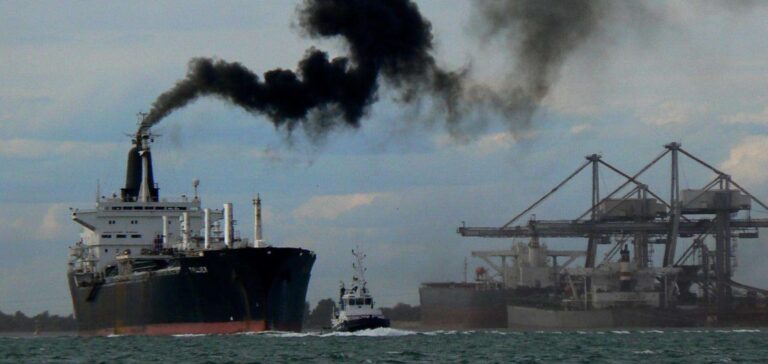The U.S. carbon black market, a critical material in tire and plastic manufacturing, is navigating a challenging period at the start of this year. Faced with heightened oil price volatility and disruptions from American customs policies, the sector struggles to stabilize its economic forecasts. This situation is notably reflected by a decline from USD 1,818 to USD 1,782 per tonne between late 2024 and March 2025, according to recent data. Annual contracts still mitigate broader price fluctuations, but spot transaction prices show significant declines, leading to increased caution among industry stakeholders.
Demand Weakened by Trade Tensions
The tire industry, accounting for roughly 70% of total carbon black consumption, directly experiences the effects of trade restrictions and tariffs on imported tires, primarily from Asia. These measures have led to reduced domestic production, mechanically impacting demand for carbon black. Several major market players report a notable decrease in ordered volumes compared to the previous year, rendering short-term forecasts particularly uncertain.
Suppliers must also contend with stagnant demand from related industries such as technical plastics and rubbers, limiting immediate improvement prospects. Faced with this situation, some companies adopt a cautious strategy, waiting for tangible signs of industrial recovery before scaling up production. The elevated carbon black inventory accumulated over recent months also compels companies to maintain a conservative approach.
Increasing Pressure from Energy Costs
Simultaneously, the cost of raw materials, particularly heavy hydrocarbons used to produce carbon black, remains unpredictable. The ongoing fluctuation of crude oil prices, steadily rising during the first quarter, further exacerbates this uncertainty. Sector companies face difficulties fully transferring these additional costs to their industrial clients, who are already constrained by tight budgets. Consequently, producer margins are progressively narrowing, weakening their short-term investment capabilities.
This cost pressure is prompting some industry players to reconsider their business models, temporarily adjusting production volumes or exploring new methods to optimize logistics chains. In this tense environment, planned investments for upgrading production equipment are often postponed, underscoring a market waiting for clearer signals regarding medium-term stability.
The Second Quarter Remains Uncertain
The ongoing second quarter of 2025 continues to reflect accumulated uncertainties. Although certain analysts anticipate a slight seasonal recovery in June due to increased industrial orders, overall market sentiment remains cautious. Traditional July shutdowns, linked to major factory summer holidays, could temporarily deepen the decline in orders.
This context leads carbon black market actors to remain particularly vigilant, continuously adjusting inventory levels and limiting long-term commitments. In the absence of clear signals regarding future oil pricing trends and commercial conditions, the entire sector remains in a holding pattern, primarily focusing on operational stability while closely monitoring economic indicators.






















